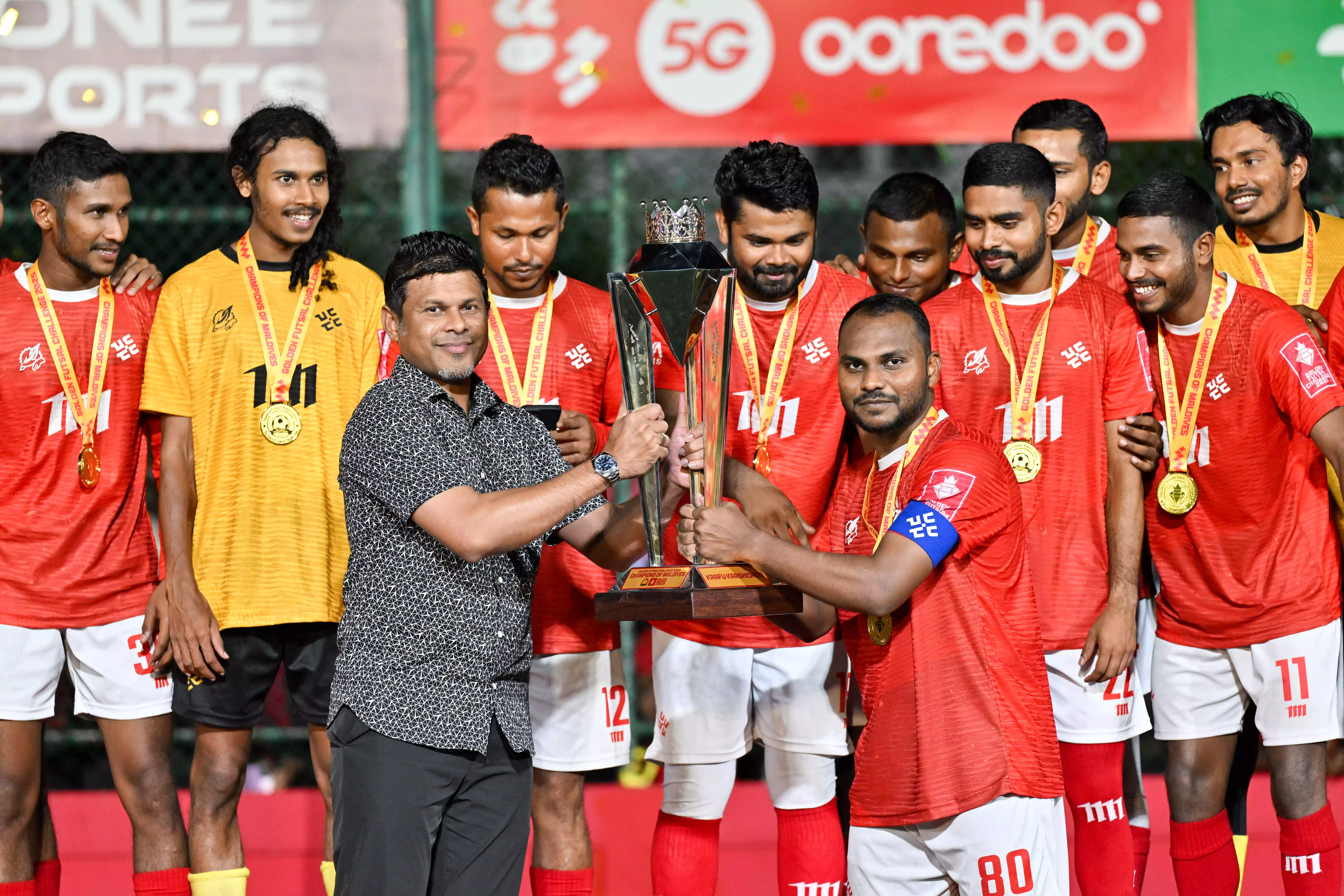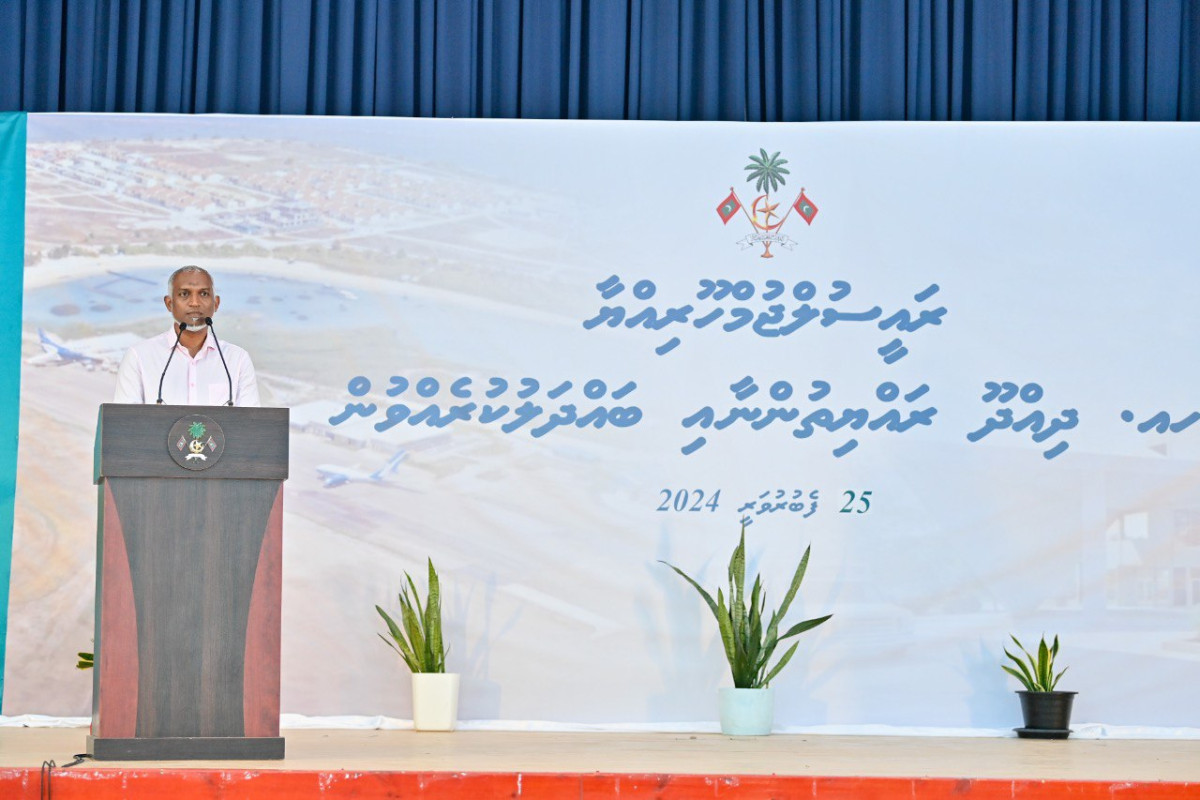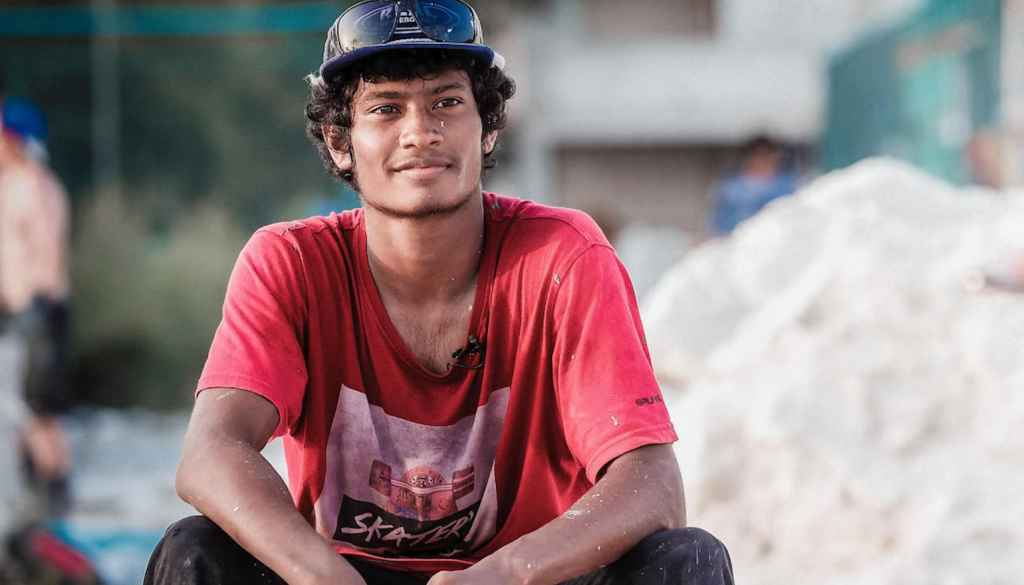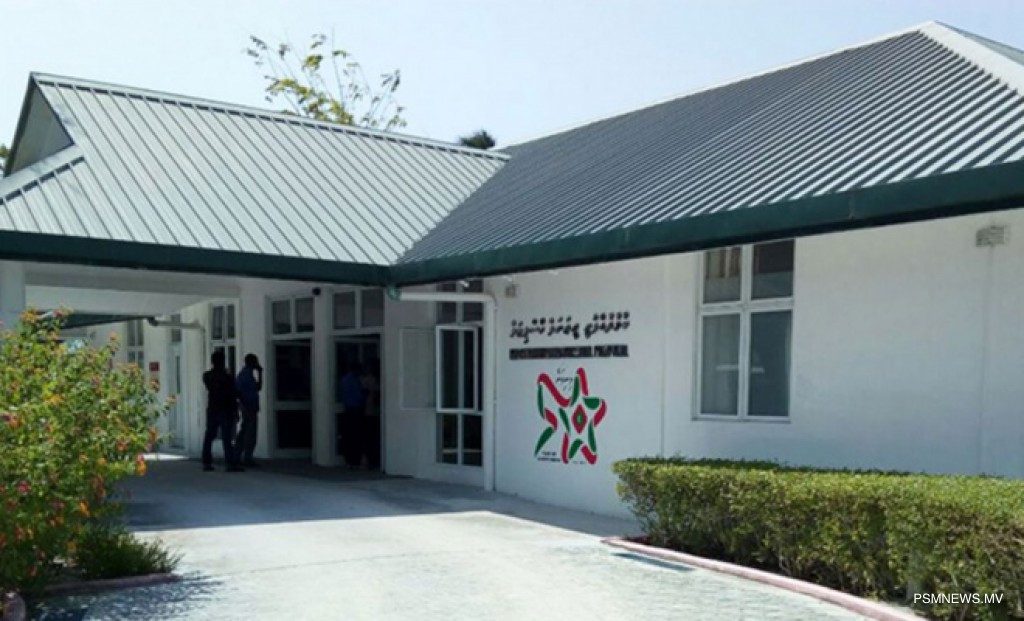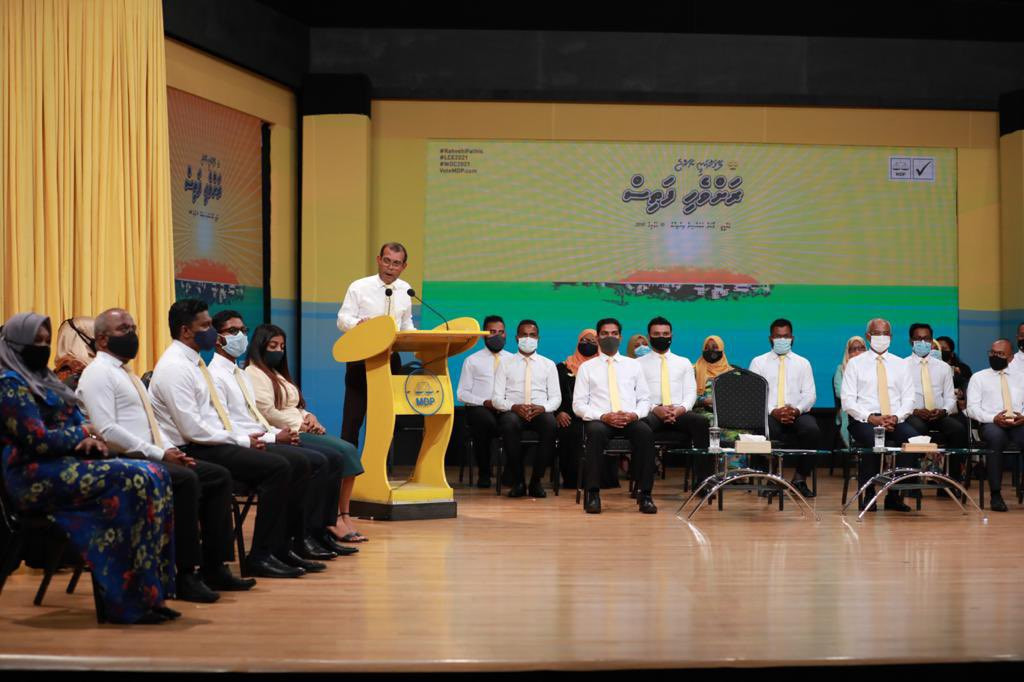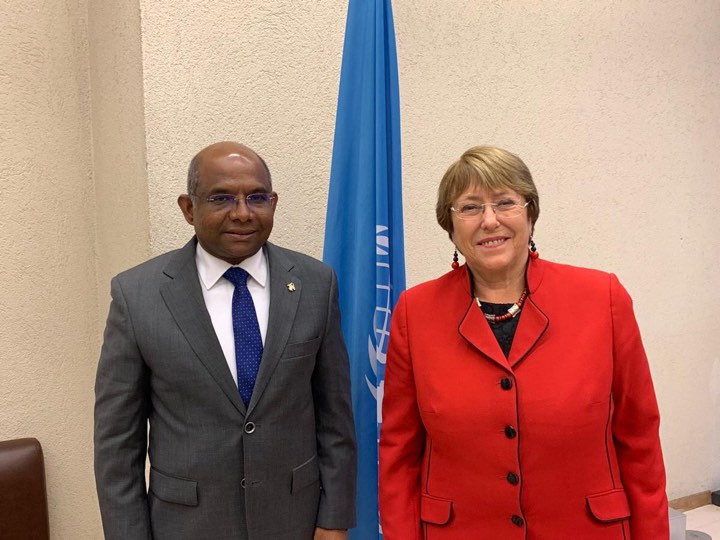Congratulate Maldives on approach to maritime security challenges: Alan Cole, UNODC
Congratulated the Maldives' efforts to overcome geographical challenges to police large areas of the Indian Ocean


UNODC'S Head of Global Maritime Crime Department Alan Cole in an exclusive interview with Raajje TV
Head of the Global Maritime Crime Programme at the United Nations Office on Drugs and Crime (UNODC) Alan Cole has congratulated Maldives on the island nation's approach to geographical challenges in strengthening maritime security.
UNODC's Head of the Global Maritime Crime Programme Alan Cole made the remarks in an exclusive interview with Raajje TV, noting that while the Maldives was situated at a strategic intersection of trade routes, the Maldives National Defense Force (MNDF) sends a strong lead on maritime domain awareness and developing technological solutions to issues pertaining to maritime security.
The UNODC's Global Maritime Crime Programme is dedicated to supporting member states across the globe in tackling environment and fisheries crime, piracy, human trafficking, drug smuggling and other elements of maritime crime. The programme is based in Colombo, Sri Lanka, as the Indian Ocean presents a huge risk for maritime criminality based on the presence of established international trade and travel routes through the region.
The UNODC has been working with the Maldivian government and foreign parties to ensure that the state has enough expertise, equipment and infrastructure to identify and obstruct maritime crime across the Maldives' sea area. The UNODC's efforts in Maldives go through a trilateral partnership with the Maldivian government, UNODC and strong allies in Japan, along with support from the European Union.
Cole noted that while it would be impossible to achieve full maritime security, the Maldives abundant maritime resources presented a great economic strength. However, he acknowledged that it was still nonetheless very difficult to police and regulate such a large sea area with limited resources. Cole went on to highlight the Maldives as a regional leader in boarding vessels to obstruct human trafficking and the smuggling of weapons and illicit drugs through the Indian Ocean, which he expressed were efforts being conducted with aid from Japan.
UNODC's Head of the Global Maritime Crime Programme Alan Cole also remarked that the Maldives does not have much to worry about with regards to traditional piracy, with the decline in piracy in Somalia being reflected across the Indian Ocean at this time. However, he noted that the smuggling of drugs, for use in Maldives and for shipping to other destinations, through the Indian Ocean was a worrying challenge, and that the Maldives Police Service, Coast Guard, MNDF and Customs services were faced with the highly difficult task of implementing maritime security to obstruct such criminal activity.
During the interview, Alan Cole noted that with increased maritime security awareness and the upgrading of infrastructure, the Maldivian Coast Guard would be able to implement targeted patrolling in the most efficient manner to identify and obstruct criminality across the island nation's sea area.
